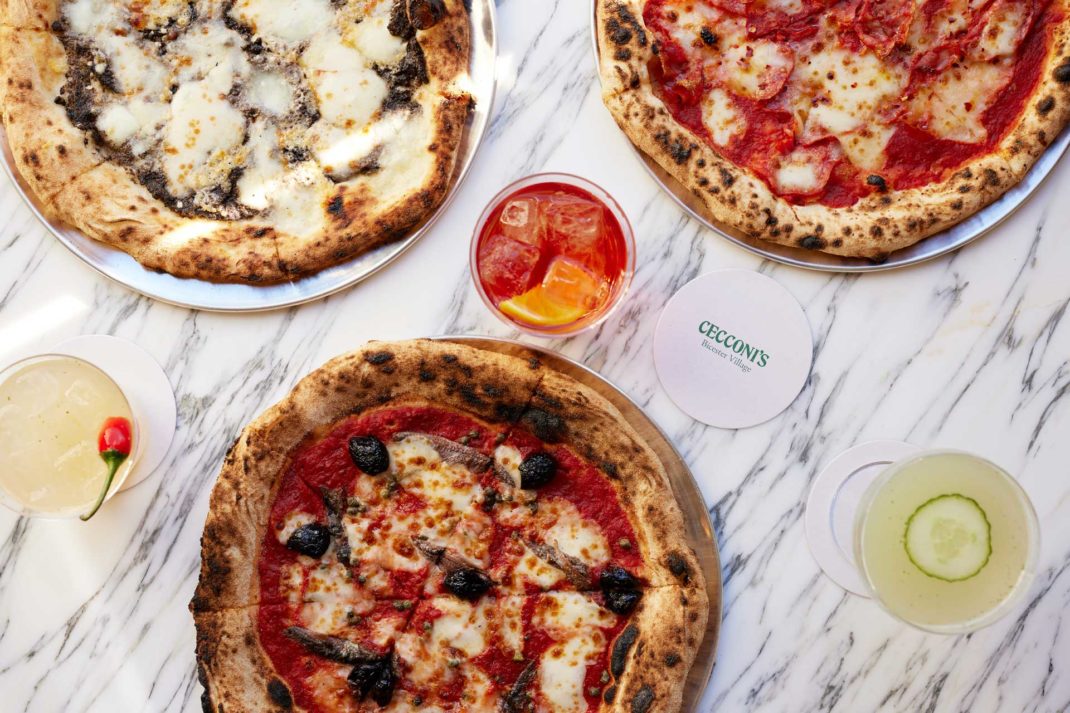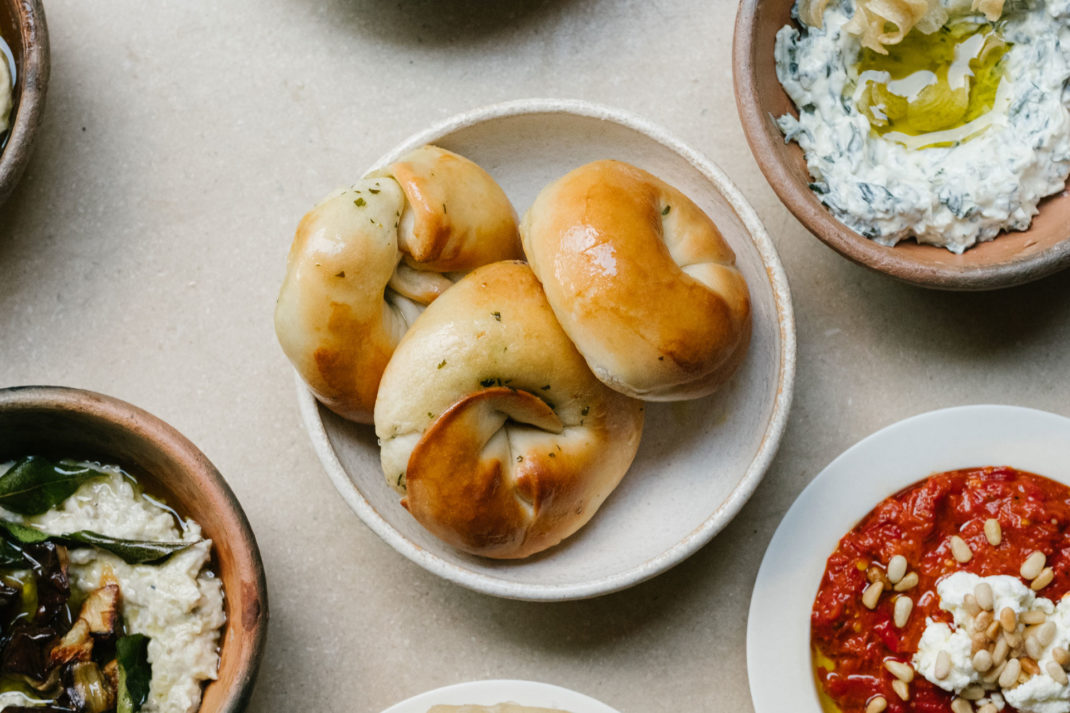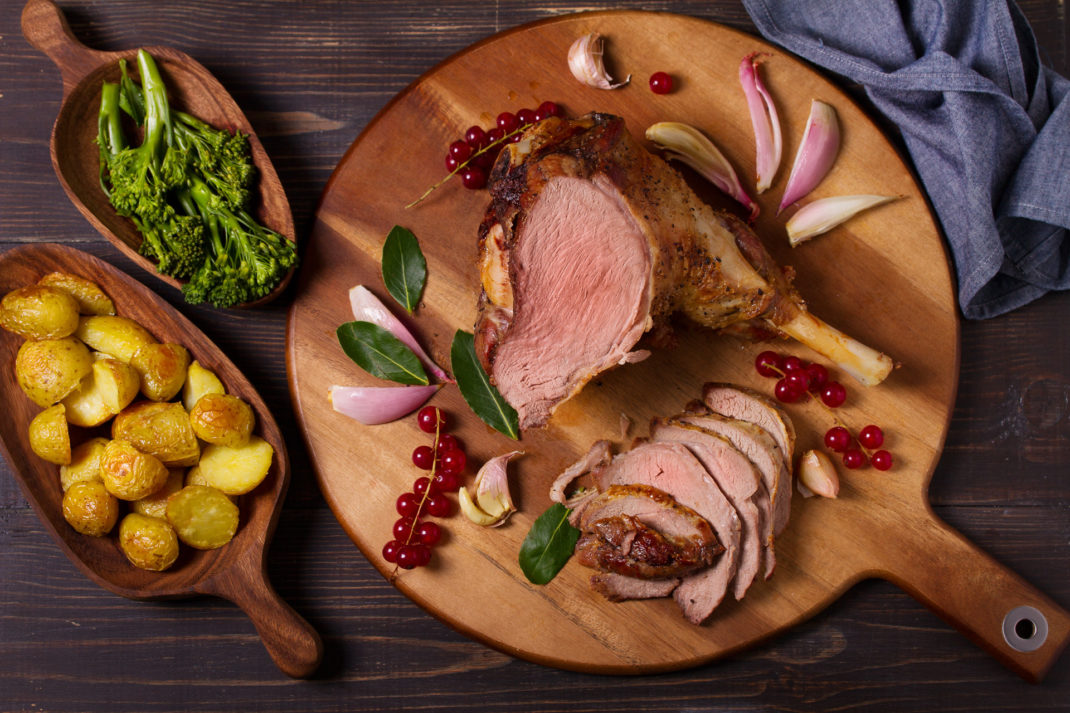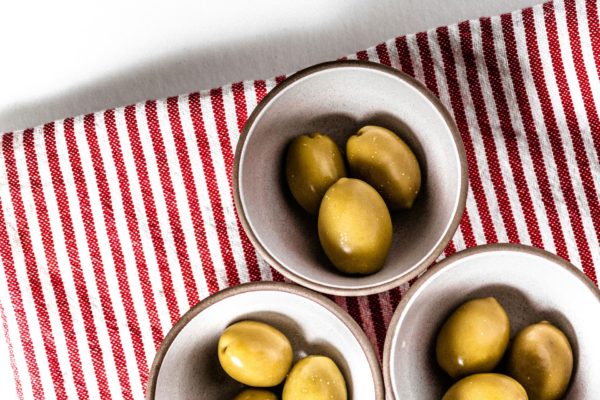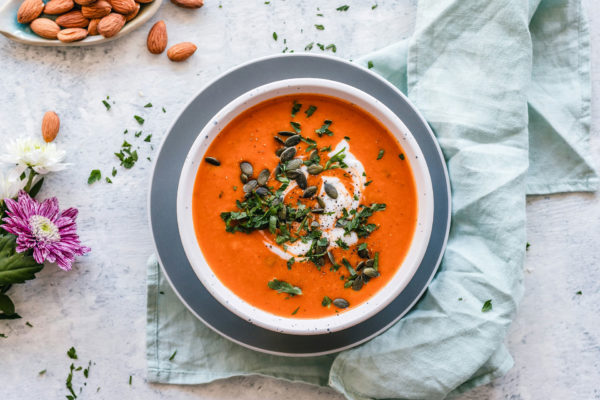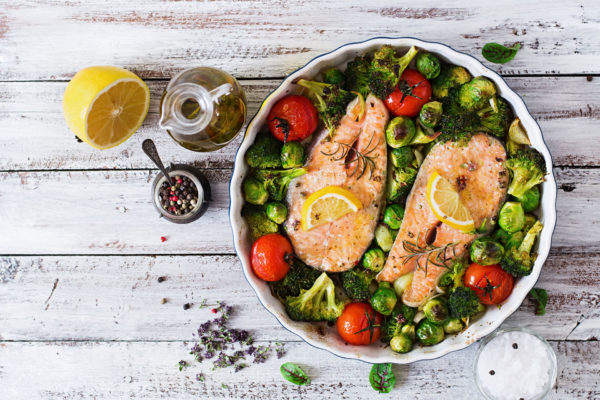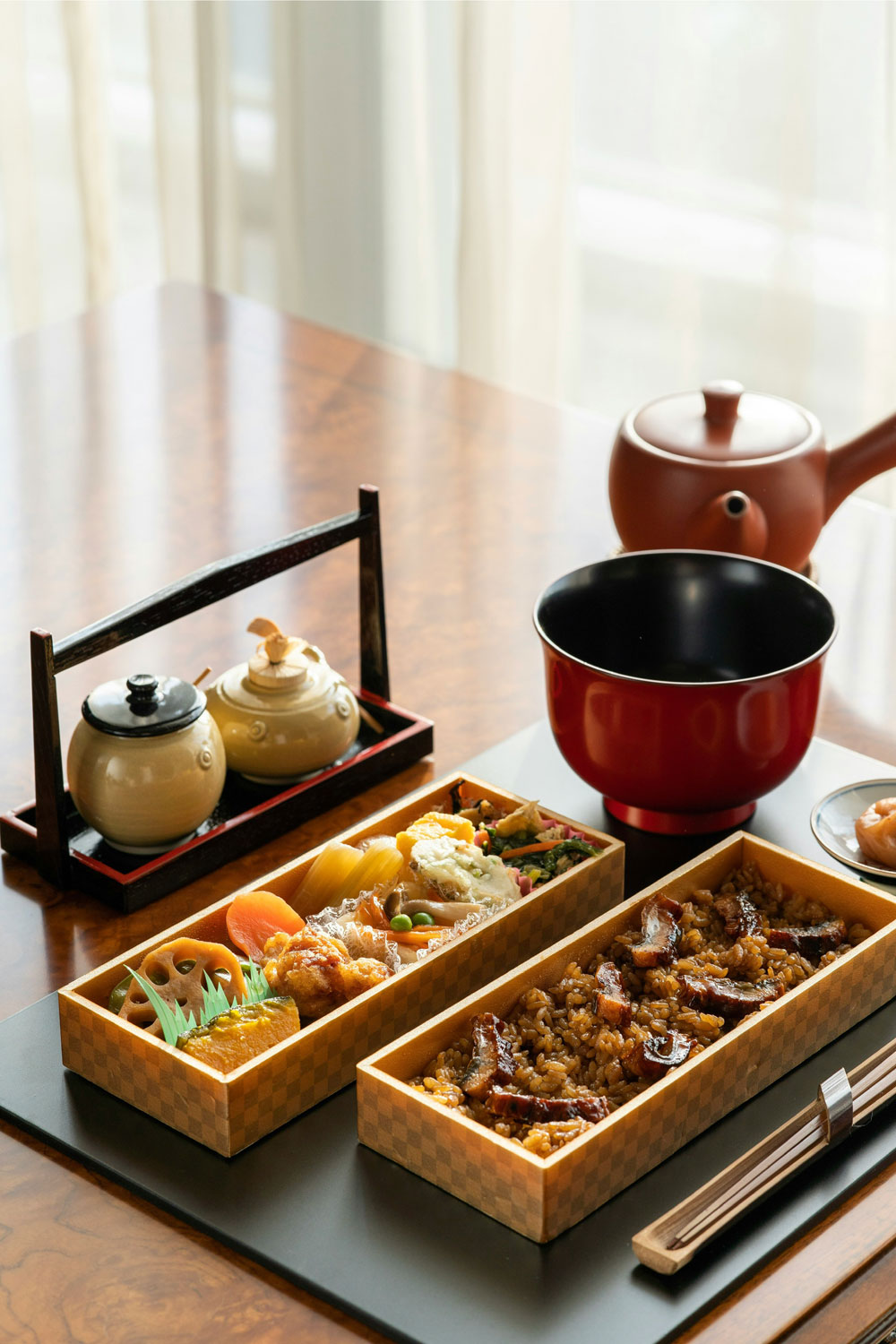
Could The Okinawa Diet Help You Live Longer?
By
10 months ago
The benefits of the Blue Zone diet
Conversations around longevity and diet often lean heavily towards the Mediterranean, which is famed for its endless health benefits. But far away from our European neighbours, in a Japanese archipelago in the South Pacific, Okinawa, islanders consistently live for over 100 years. The island featured in Netflix documentary Live To 100: Secrets of the Blue Zones, which sees explorer Dan Buettner travelling there to learn the secrets of Okinawans, learning (among other things) about the traditional Japanese diet followed by residents, which has been linked to increased lifespan. Here’s everything you need to know.
What Is The Okinawa Diet?
The Okinawa diet is a style of eating traditionally followed by people living on the Japanese island of Okinawa – the largest of the Ryukyu Islands, located off the coast of Japan. Okinawa is one of five regions around the world known as blue zones: places where residents live longer than average (others include Sardinia in Italy and Ikaria in Greece).
Generally, the diet is centred around vegetables and soy-based foods, alongside some grains, meat and fish. It includes:
- Vegetables: lots of green and yellow vegetables, mushrooms, sweet potato, cabbage, seaweed, kelp, pumpkin, green papaya
- Soy-based foods: tofu, miso and edamame
- Grains: Millet, wheat, rice and noodles
- Meat and seafood: white fish, seafood and occasional pork
The diet also tends to include plenty of antioxidant-rich spices like turmeric, alongside lots of jasmine tea. Historically, Okinawan communities have relied on foods that grow locally, which means it’s usually low in processed foods, dairy and meats such as beef and poultry.
Another key principle is the Japanese concept of ‘Hara Hachi Bu,’ the age-old practice of only eating until you’re eighty percent full.
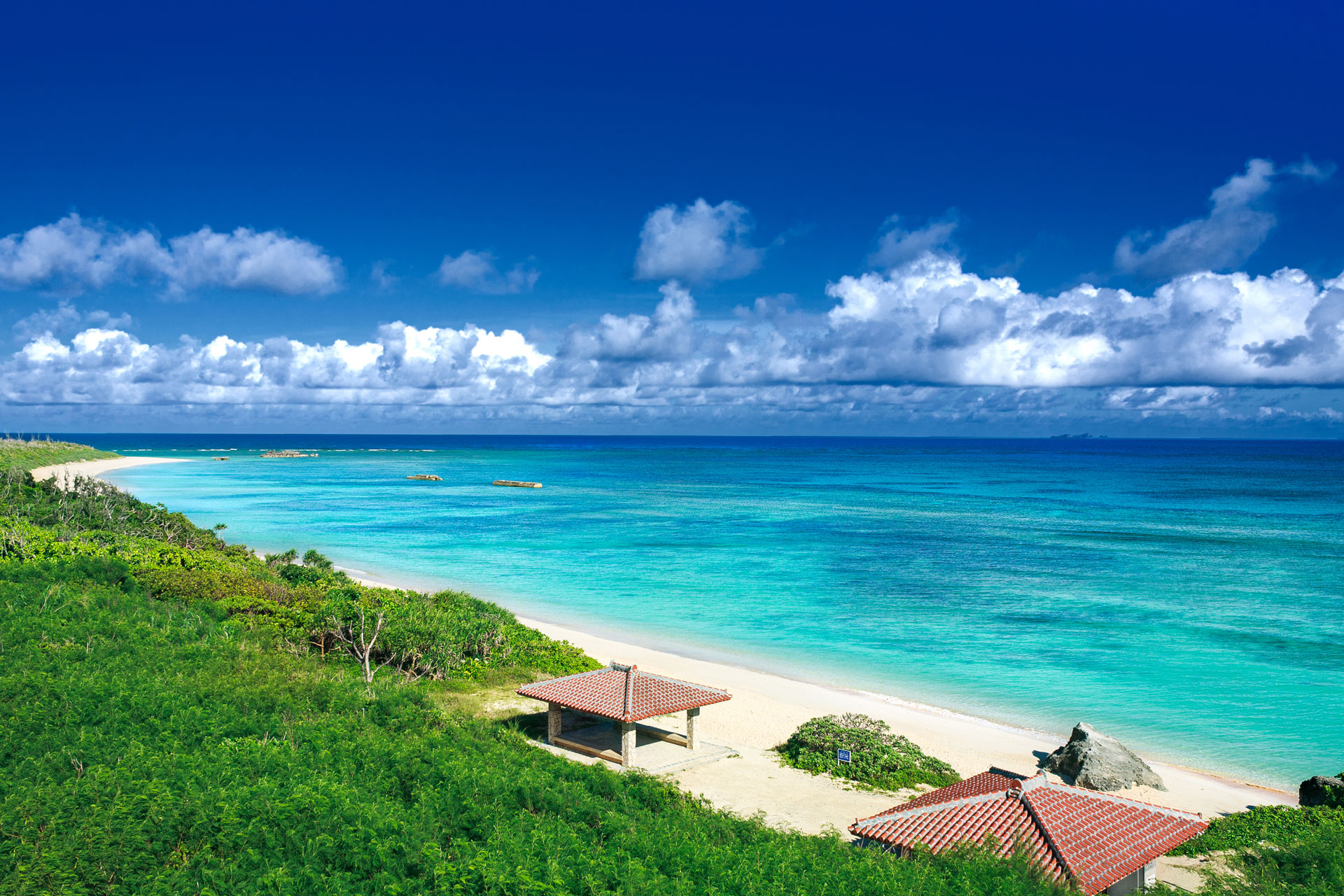
Getty Images
What Are The Benefits?
May help you live longer
The Okinawa diet is most famous for its impact on lifespan. The island is home to more centenarians (people who live to be at least 100 years old) than anywhere else in the world. In the Live To 100 documentary, Buettner discovers that there are far fewer age-related illnesses (such as heart disease and cancer) in the Okinawa community than there are in other parts of the world. The diet’s longevity benefits were supported by a scientific study published in 2024, which explored the Japanese mortality pattern since 1975.
Improves cognitive function
There is scientific evidence to show the Okinawa diet has positive effects on brain health – likely a result of its high content of antioxidants and anti-inflammatory compounds.
May help lower obesity risk
Because of its focus on small, balanced portions and Hara Hachi Bu philosophy, the Okinawa diet can help promote weight management. The region has some of the world’s lowest obesity rates, which is likely in part due to dietary choices.
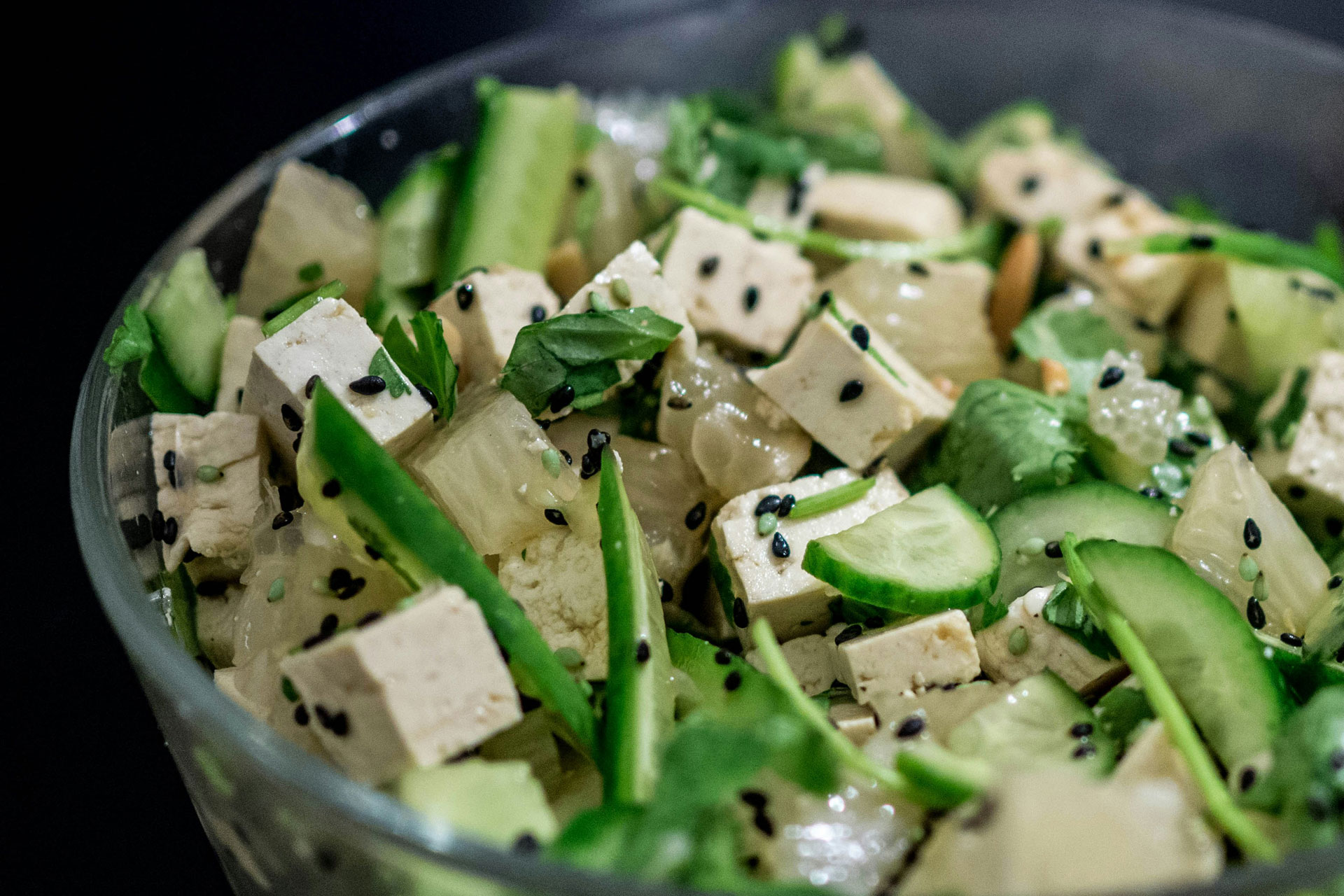
Unsplash
What Are The Risks?
While this way of eating is associated with numerous health benefits, it won’t be for everyone – and it’s important to consult your doctor before making any drastic changes. Due to its reliance on ingredients like miso, it can be high in sodium, which means it’s not recommended for those with high blood pressure or a history of heart disease.
The diet can be quite restrictive too, particularly for those who are used to consuming more dairy or animal products. For this reason, it may not be suitable for people with a history of an eating disorder.
However, there are ways to incorporate elements of the diet without going the whole hog, such as eating more plant-based foods and reducing your intake of ultra-processed foods.
Why Are Okinawans So Healthy?
Although diet plays a part, it’s not the only reason Okinawans live for such a long time. The island’s culture is centred around the ancient philosophy of ‘ikigai’, which is all about self-acceptance and ensuring everyone has a purpose. As Buettner explains: ‘In Okinawa, there isn’t even a word for retirement. Instead, there’s “ikigai,” which essentially means “the reason for which you wake up in the morning”’.
Friendship and support is also integral to society – a concept known as moai. Traditionally, Okinawans develop strong support groups which last from childhood all the way through to their later years, which contributes to feelings of harmony and happiness across the island.

